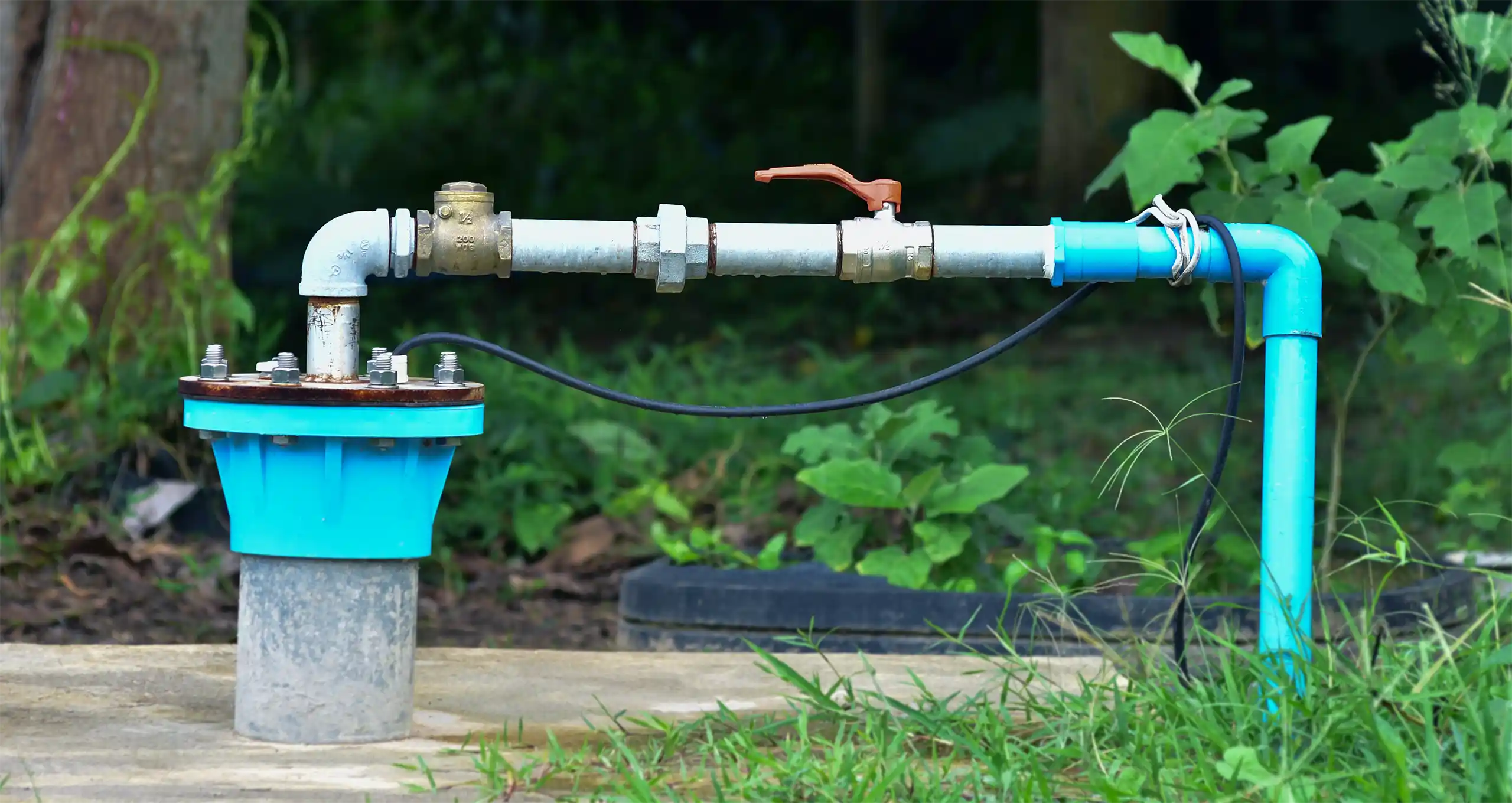
Protecting Your Well Water: Essential Testing for Drinking, Real Estate, and Aesthetics
Why Well Water Testing is Absolutely Necessary
Untreated well water can be susceptible to a wide range of contaminants from both natural and human-induced sources. Testing is the only way to identify these potential threats and take appropriate action. Here's why it's so important:
Private wells can be contaminated with harmful bacteria, viruses, parasites, nitrates, arsenic, lead, and other substances that can pose significant health risks, especially to vulnerable populations like children and the elderly.
During property sales involving wells, the state requires water testing as a condition of the sale to assess the safety and quality of the drinking water supply. Sellers may also choose to test proactively.
Many mortgage lenders require well water testing to ensure the property has a safe and potable water source before approving a loan. Specific tests are often mandated, and may vary by lender.
Issues like unpleasant taste, odor, or staining can make well water undesirable, even if it doesn’t pose an immediate health risk. Testing can identify the cause of these aesthetic problems.
Water quality in wells can change due to seasonal variations, nearby land use changes, or well infrastructure issues. Regular testing helps track these changes.
Testing can help diagnose issues with well performance, such as corrosion or mineral buildup.
Addressing water quality issues early can prevent more costly problems down the line and protect the value of your property.
Common Well Water Tests for Drinking, Real Estate, and Aesthetics in Oregon
The specific tests recommended will depend on your individual situation, the age and location of your well, and any specific concerns. However, here are some common and important tests for well water in Oregon.
Total Coliform and E. coli: These bacteria are the primary indicators of fecal contamination and the potential presence of other harmful pathogens. Their presence often triggers further investigation.
Nitrate: Primarily from agricultural runoff and septic systems, high levels can be dangerous, especially for infants.
Arsenic: A naturally occurring toxic element common in some geological areas of Oregon.
Lead: Can leach from older well components, pipes, and solder.
Total Coliform and E. coli: These bacteria are the primary indicators of fecal contamination and the potential presence of other harmful pathogens. Their presence often triggers further investigation.
Nitrate: Primarily from agricultural runoff and septic systems, high levels can be dangerous, especially for infants.
Arsenic: A naturally occurring toxic element common in some geological areas of Oregon.
In addition to the basic safety tests, real estate transactions often involve a broader analysis, if requested by lenders or buyers:
All of the Basic Drinking Water safety tests.
Lead: Can leach from older well components, pipes, and solder.
Additional Inorganic Chemicals: May include tests for metals like copper, iron, manganese, sodium, chloride, sulfate, and fluoride.
pH: Measures the acidity or alkalinity of the water, which can affect corrosiveness.
Total Dissolved Solids (TDS): A measure of all dissolved substances, high levels can affect taste and indicate contamination.
Turbidity: Measures the cloudiness of the water, indicating suspended particles.
If you’re experiencing taste, odor, or staining issues, specific tests can help identify the cause:
Iron and Manganese: Common causes of reddish-brown or black staining and metallic taste.
Hydrogen Sulfide: Produces a “rotten egg” odor.
Total Dissolved Solids (TDS) and Specific Ions (Chloride, Sulfate): Can contribute to salty or other unpleasant tastes.
Copper: Can cause blue-green staining and a metallic taste.
Iron and Sulfur Bacteria: Can cause slime, odors, and staining.
Volatile Organic Compounds (VOCs): May be relevant if the well is near industrial areas or fuel storage tanks.
Pesticides and Herbicides: If the well is near agricultural areas.
Radiological Contaminants (Radon, Uranium): Naturally occurring in some parts of Oregon.
Alexin Labs: Your Trusted Partner for Well Water Testing in Oregon
At Alexin Labs, we understand the unique needs of well owners, homebuyers, and sellersthroughout Oregon. We offer a comprehensive range of well water testing services to address drinking water safety, real estate transaction requirements, mortgage lender stipulations, and aesthetic concerns. Our experienced team can help you determine the appropriate testing panel for your specific situation and provide accurate, reliable results.
Protect your health, facilitate your real estate transaction, satisfy your lender, and enjoy clean, pleasant-tasting water. Contact Alexin Labs today for a consultation and to schedule your well water analysis. In some instances we can also recommend an experienced sampler if needed. We are committed to ensuring the safety and quality of your private well water.
Learn more: Oregon Domestic Well Safety Program
